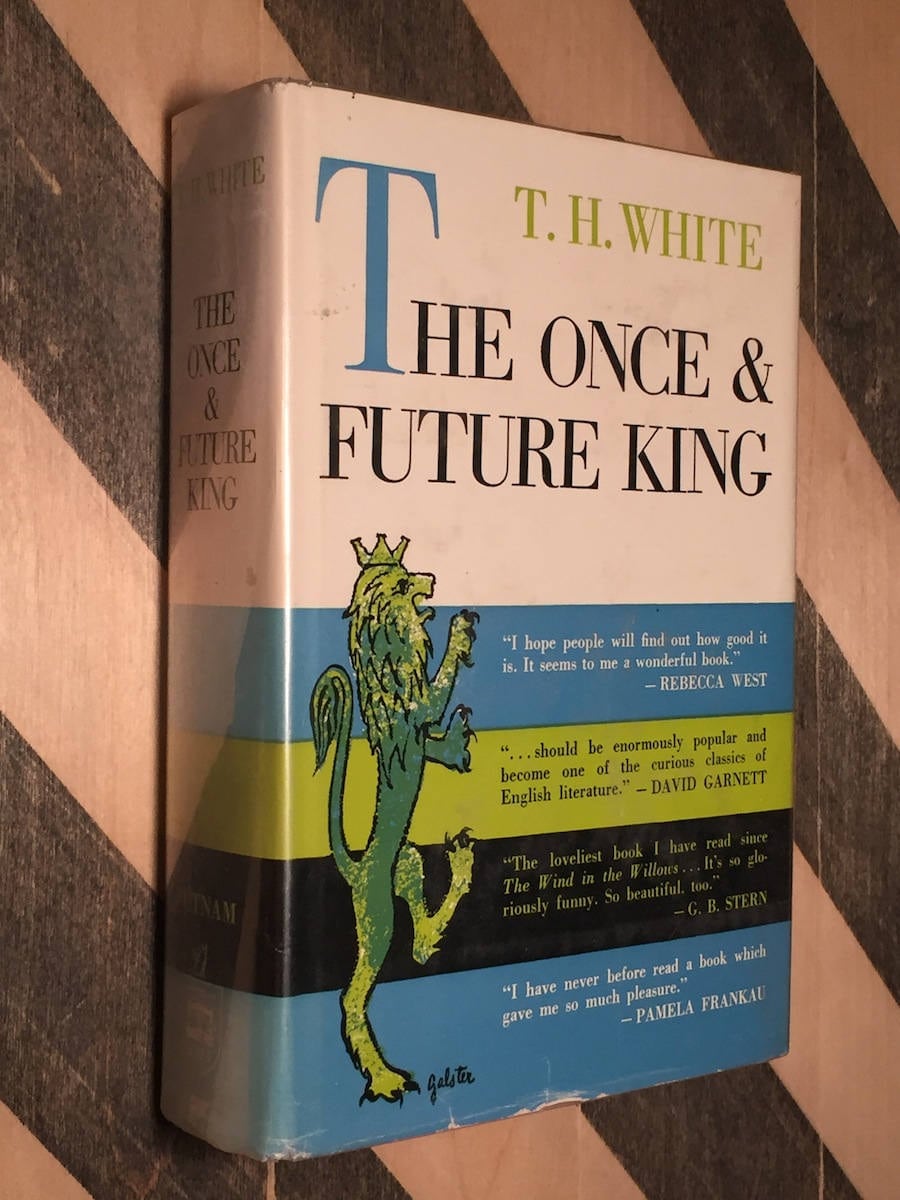
He remained at the post until 1936, when he resigned and took up residence in the gamekeeper's cabin. He postponed his studies due to a terminal diagnosis of tuberculosis, but eventually returned to Cambridge, where he graduated with distinction, and shortly thereafter worked at several schools, eventually ending up at Stowe, as the head of the English department. While studying at Cambridge, White returned to Morte d' Arthur, writing an essay on the novel, and by 1928, White had begun writing and produced several novels before 1929. Potts, who would become a major literary influence on the young man.

In 1924, he graduated and left for Queen's College in Cambridge, where he was introduced to L.J. However, it was at the school where he was introduced to Sir Thomas Malory's novel, Le Morte d ‘Arthur, the story that would have a profound impact on his writing.

In September of 1920, White enrolled in Cheltenham College in Gloucestershire, where he faced a cruel and violent primary education. By 1911, White found himself in England, and over the next two years, his father and then mother returned to India, leaving him with his grandparents. The troubles left a lasting impression on the boy, and would later influence his writing. Born on May 29 th, 1906 to parents in a strained marriage, he would later recount the tension and sometimes violence between his alcoholic father and emotionally distant mother.

T.H White’s childhood in Bombay, India was a troubled one. Barron's The Lost Years of Merlin to Mary Stewart's Crystal Cave novels, Arthur and Merlin have appeared in numerous fantasy novels, films and televisions shows over the last century, but none have quite had the impact as Terence Hanbury White’s The Once and Future King Ranging from John Steinbeck's The Acts of King Arthur and His Noble Knights to T.A.

The story of King Arthur and his knights is arguably one of the greatest fantasy legends, and it’s proven to be a powerful inspiration for numerous authors.


 0 kommentar(er)
0 kommentar(er)
